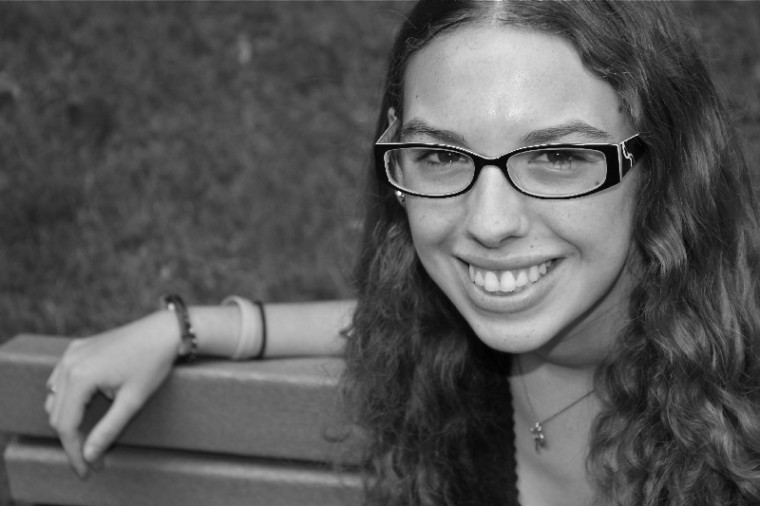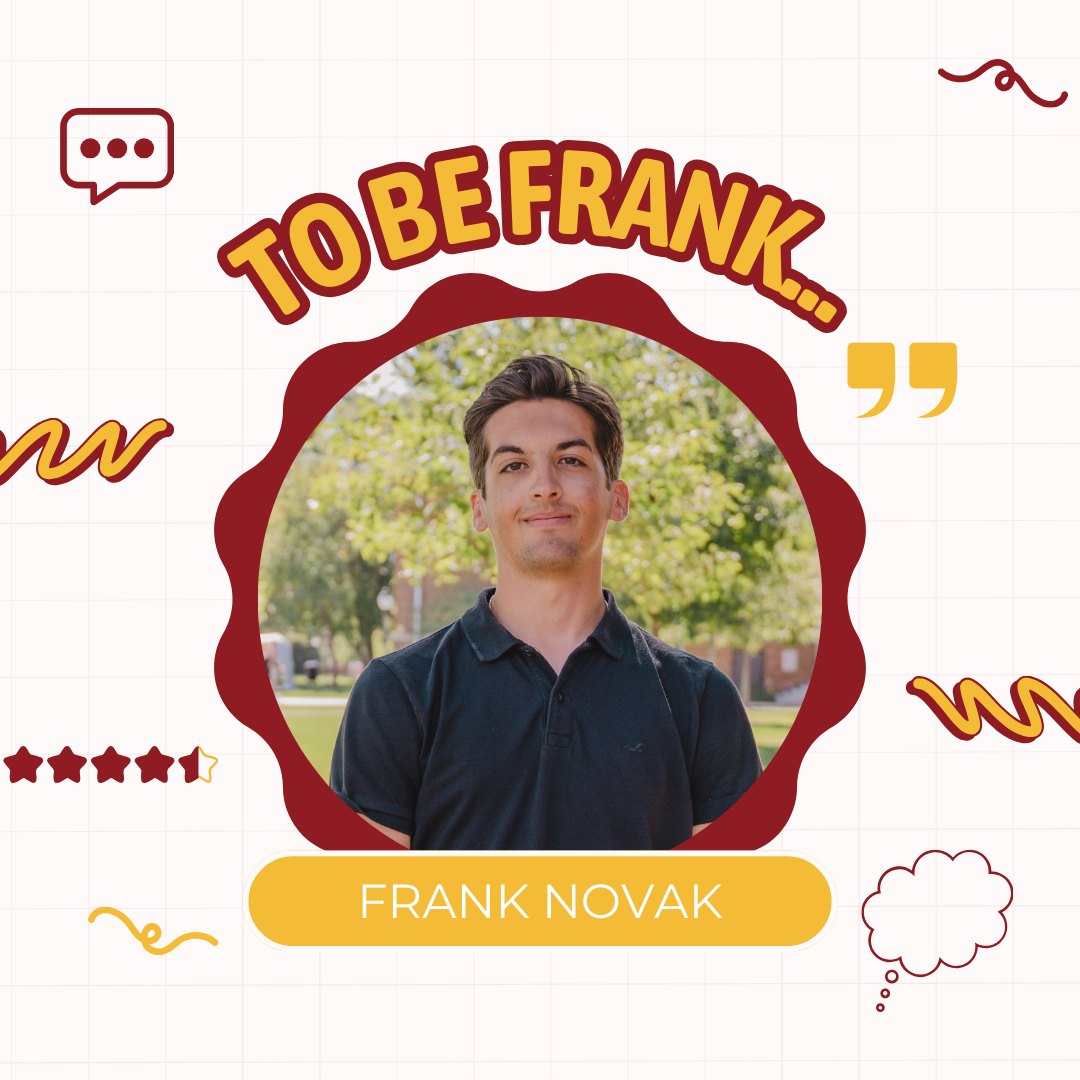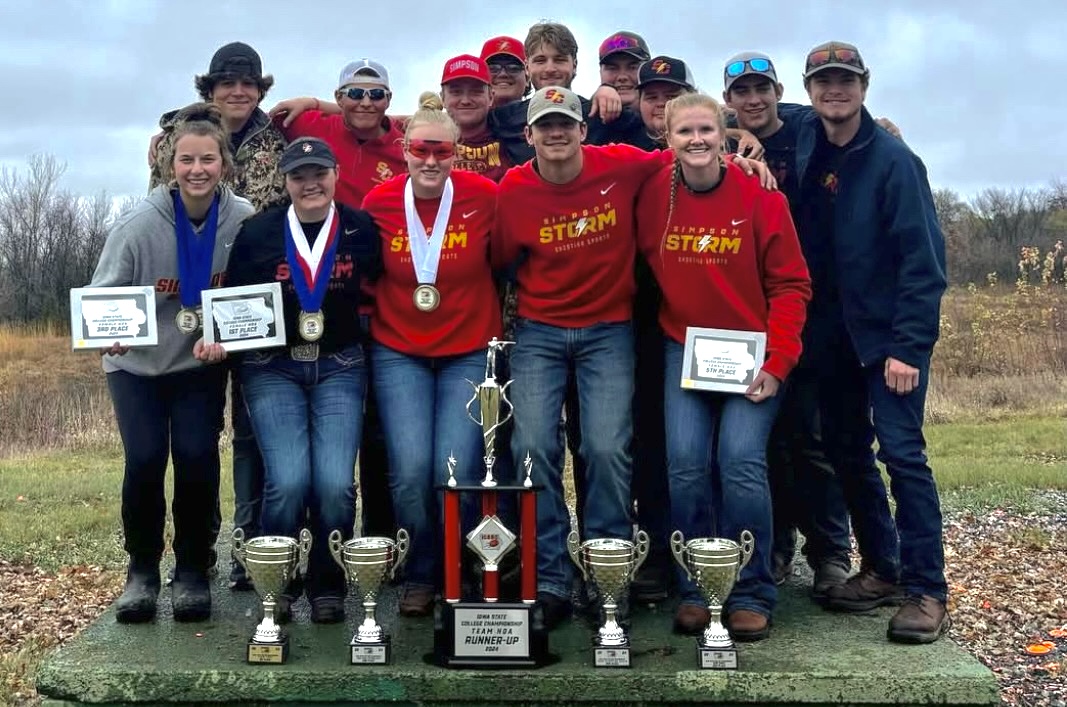Learn from a journalist, ask tough questions
November 29, 2011
Last Thursday the annual McBride lecture was presented by Andrea Elliott, an investigative reporter for The New York Times.
Elliot won a Pulitzer Prize for her work chronicling the lives and struggles of American Muslims. She highlights Sheik Reda Shata in her series, “An Imam in America,” and how his role as a Muslim community leader in New York as evolved post 9/11.
In her career as a journalist, Elliott has covered a wide range of topics, such as immigration and Latin American politics, but nothing compares to the depth and sensitivity as her investment has been in studying with, living with and speaking with American Muslims.
As both a religion and communications major, I found Elliott’s work both refreshing and intriguing. This topic, which she has developed into a beat for The New York Times, is one that has sparked controversy for nearly a decade.
Since 9/11, Muslims and the Islamic religion as a whole have been given the scarlet letter as being violent, radical and in a plot to overthrow American democracy.
This misrepresentation of the faith has been exploited by the media to such great length that it has completely tainted the peaceful image Islam once had.
I will not deny that the attacks on this country 10 years ago were done by Muslim extremists. But this group represents a very small minority of Islam. It is a tragedy that the whole religion has to be associated with those who adhere to a skewed doctrine.
What Elliott has done with her role as a journalist is shed light on these misunderstandings and to tell the stories of Muslims in America who face struggles just as other Americans do.
Whether you agree with Islamic ideologies or not, there is no denying that Muslims are people with unique stories to tell.
I love how Elliott’s feature writing, some of which I have read, illuminates the lives of those the media has told us are dangerous.
As much as I support the work that journalists do, not all of them have the integrity to uphold the truth and present issues in an unbiased light.
However, I don’t think there are many who can say they weren’t influenced by the propaganda of the anti-Muslim messages that sprang from the well of media post 9/11.
I will admit that I was one of those people.
But in college I’ve had the opportunity to learn much more than what CNN can tell me about Islam. I chose to study religion, learn about other faiths by visiting their places of worship and to simply ask questions.
There’s a lot about Islam that people don’t know because they choose not to know.
People like Elliott and supporters of interfaith dialogue are helping to start the conversations necessary to break such ignorance. But it takes action on the part of the public to want to learn.
I would suggest making a visit to a mosque or taking a reputable course on world religions or Islam, both of which are being offered as classes at Simpson in the spring.
Ultimately, we must take the initiative of a journalist to go ask questions, instead of neglecting critical thinking to digest everything fed to us by the media, especially about Islam and Muslim Americans.
As students of the world, we’re much better than that.
Erin is a senior religion and communications major. She is the layout editor for The Simpsonian and an active member of Religious Life Community.






